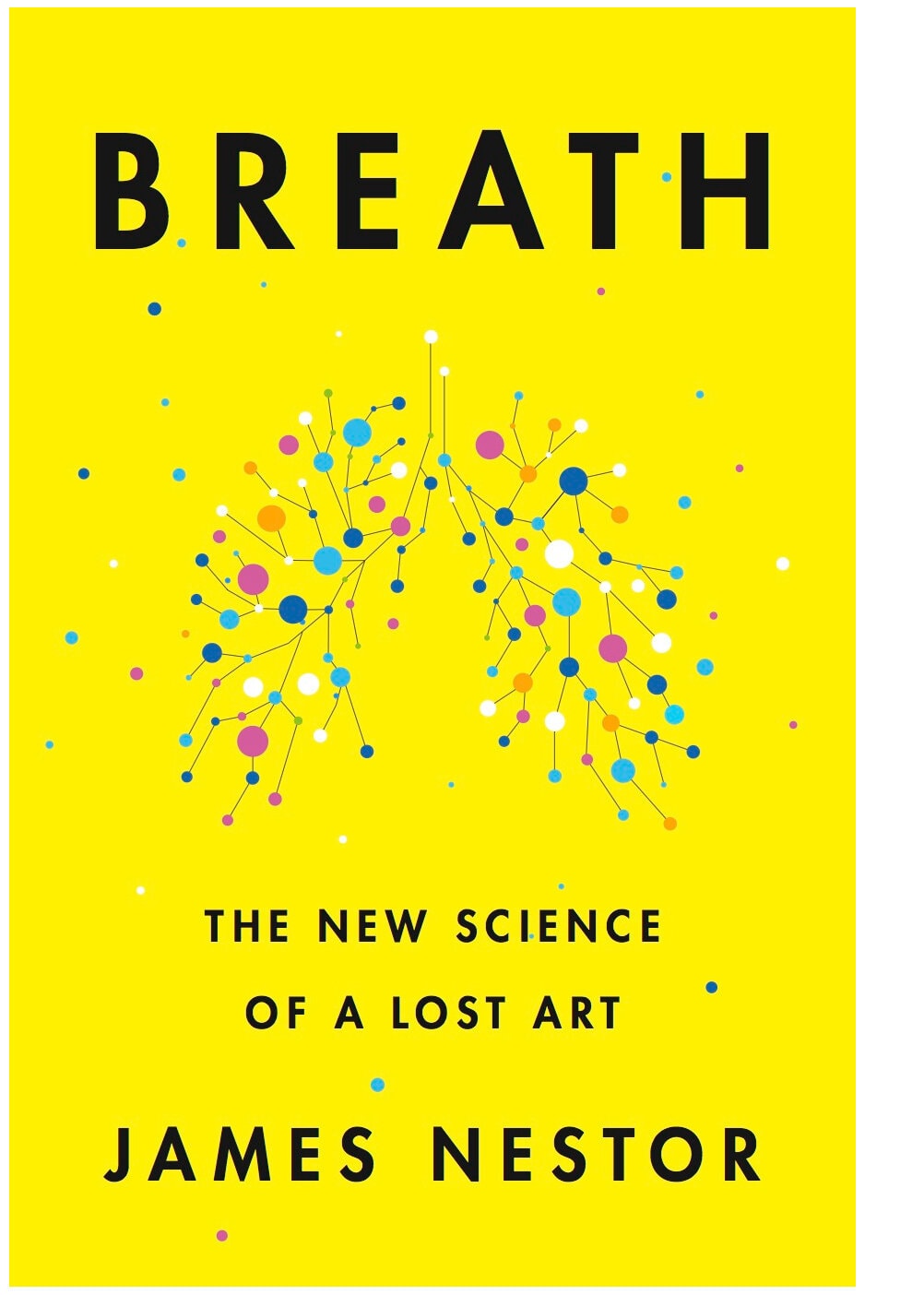Anyone who has waded hip-deep into the world of cycling has bumped up against the need to learn about the sport. From how to fix a flat quickly, to how lube a chain so that it doesn’t drip like a nose on a December morning, we’ve needed to learn about the device. We’ve also had to learn about ourselves.
There is a comedy routine buried within all that I didn’t know about myself when I began to ride. Sure, I knew how to ride a bike. That’s enough, right?
Not even close, bucko.
I didn’t know how to hydrate properly; I did. a 70-mile ride with one water bottle. I didn’t know how much to eat during a ride. One banana could not meet my needs on a four-hour ride. And trying to ride my very hardest and fastest each time I got on the bike just left me a worn-out mess. I had no idea how to control my effort so that I could draft less than six feet from another rider, which, for any road cyclist, is no less necessary than knowing how to hydrate properly.

Something else I knew nothing about? How to breathe. Not only did I not know how to breathe on the bike, in reading James Nestor’s book “Breath,” I realize now I’ve never known how to breathe properly off it, either.
Every decade or so I run across a book that so upends my understanding of the world that it forces a change in my life. Steven Kotler’s “West of Jesus,” was the first book to break down the neuroscience of flow states. And while that book was my introduction to the neuroscience of flow, it was a subsequent book of his that provided the most mind-blowing dissection of the power of flow yet printed: “The Rise of Superman.” That’s the book I recommend to the uninitiated.
Matthew Walker’s “Why We Sleep” was a wake-up call about my health in a manner similar to “Breath,” but unlike Nestor’s work, the prescriptive for “Why We Sleep” is straightforward—get eight hours of sleep. The book dissects all the ways your health goes wrong if you don’t. “Breath” is simply the beginning of the journey, not the end.
“Breath” chases the biology of breathing in more directions than I thought were possible. From stimulation of the sympathetic and parasympathetic nerve pathways to how eating soft foods altered the architecture of our skull, impeding our breath, Nestor demonstrates again and again how mouth breathing is a disservice to ourselves.
The cast of characters he brings on stage are colorful, brilliant, sometimes a little crazy, but they all contribute something to this lost art. Even so, you’re probably wondering why a book about breathing through your nose is being reviewed for people participating in a sport that is 90 percent mouth-breathing. Fair question. Were I to rank the books many shocking revelations in voltage, the top one would be how a former choirmaster took a bunch of collegiate track and field athletes to the 1968 Mexico City Olympics and helped them win gold, repeatedly, without the aid of supplemental oxygen between events, literally the only nation to eschew its use. That’s not even the surprising part. The athletes he trained all breathed through their noses. When they raced.
I know you’re shaking your head. It’s okay. I don’t blame you. I had to review the chapter three times.
Let’s try it this way: Jim Hines (100 meters); Tommie Smith (200 meters); Lee Evans (400 meters); Charles Green, Mel Pender, Ronnie Ray Smith and Jim Hines (4×100 meters); Vincent Matthews, Ron Freeman, Larry James and Lee Evans (4×400 meters); Dick “Fosbury Flop” Fosbury (high jump); Bob Seagren (pole vault); Bob Beamon (long jump); Al Oerter (discus throw); Bill Toomey (decathlon); Wyomia Tyus (100 meters); Madeline Manning (800 meters); and Margaret Bailes, Barbara Ferrell, Mildrette Netter and Wymomia Tyus (4×100 meters) all took gold in the Olympics while competing at 7382 feet of elevation—while breathing through their noses.
Nestor’s “Breath” provided something no article in a yoga magazine ever could: It illustrates in subatomic detail how the way we breathe charts the course of our health and how our health affects the course of our lives.
When I think of all the books I’ve read in my life, only “West of Jesus” surprised me to as great a degree. However, while “West of Jesus” confirmed to me that I’d been chasing something worthwhile—flow—for most of my life, “Breath” taught me that I needed to pay attention to something I’ve long ignored. In that, it is arguably the biggest surprise of my literary life.



Thanks for the addition to my reading pile!!!
This is definitely one not to miss.